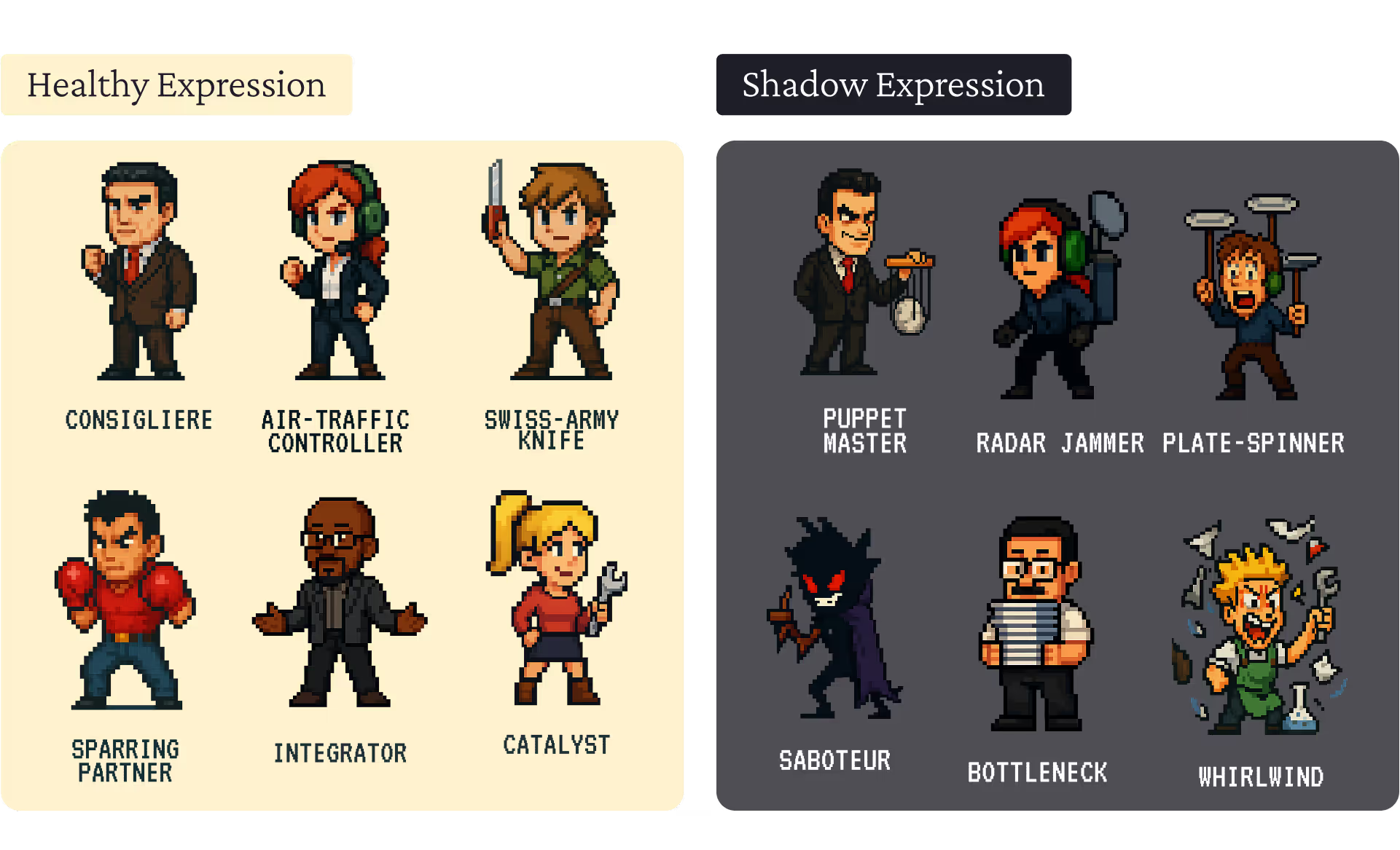Introduction
With the abundance of data created by modern technology, companies often claim to be “data-driven.” However, many of these companies fail to cultivate an analytical mindset across their employees.
You can tell a company is not data-driven, if their most critical decisions are informed mainly by feelings and intuition rather than raw numbers or statistical analysis. This is not to say that intuition doesn’t matter -- instead, the point is that the best decision-making often comes from intuitive insights supported by lots of quantitative analysis.
An analytical mindset means always:
- Being curious about how key concepts are defined in your business
- Overcoming barriers to curiosity
- Asking others for numbers or analysis where relevant / possible
- Making responsible assumptions and clarifying them
- Choosing to analyze data first before jumping to a decision
The analytics mindset uses data to inform dialogue, ask better questions, and diagnose causes to find solutions.
Curiosity
Constantly questioning how and why your company does things a certain way is critical to the analytics mindset. By asking questions, you can uncover the idiosyncrasies of your business.
You may be surprised at how your company uniquely defines common terms such as “user.” For example, a company that sells waste management software might call the waste management company a user, or users might be the sanitation engineers, or even the household customers of their services.
Similarly, it can be interesting how they attribute user behavior to a certain month. If a user signs a letter of intent in September and a contract in October but their service period begins in January, what month do you attribute the sales win to? What month do you attribute the revenue to?
Overcoming Barriers
Often, you’ll run into barriers when you try to express your curiosity.
- Access - Do you need access to a person, or to a resource?
- Assume you already have access - go talk to the person or ask for the resource.
- Tools - Lack of access to tools is frequently cited as a barrier.
- In some cases you can knock down the barrier by buying a single license, getting a free trial, or moving a license from someone who’s not using it. And sometimes, you can find a way to the answer without the tool.
- Culture - These barriers are always artificial, and created by people. Listen for words like, “We don’t do it that way,” or “That’s not how it’s done.”
- Often, you can try to do things anyway and show people that your initiatives are better by their results.
Asking for Data
It’s important to ask for data whenever you can. Consider these cases:
- One of your peers tells you about their new project. Your response: “What data will you use to measure your success?”
- A salesperson says, “I had a great meeting!” Your response: “What data are you using to measure ‘great?’”
- The Director of Marketing says, “We signed up 100 customers this month!” Your response: “How does that compare to the previous 12 months?”
Share their enthusiasm, but ask for data. With that data, you can help them present their case even more strongly! Or you can help them fill in gaps in their argument.
By asking for data, you can find opportunities to help others and improve things at your company.






.avif)
.avif)








